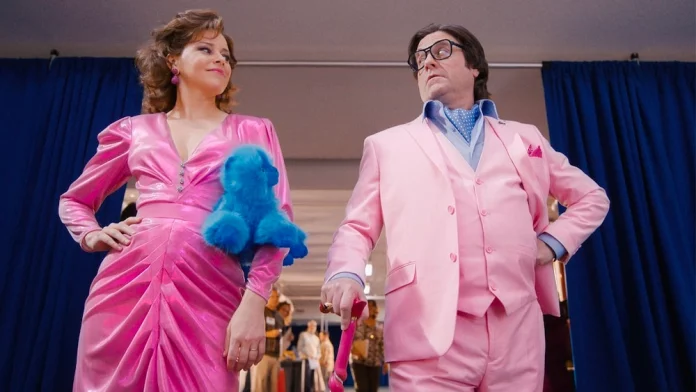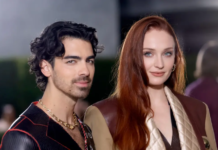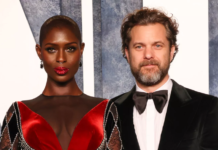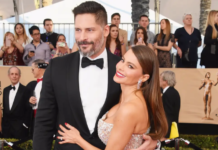Movies and TV have been captivated by tales of rise-and-fall business ventures, with examples like Theranos, WeWork, and Chippendales making waves. Joining this list is “The Beanie Bubble,” a sentimental journey back to the plush-toy craze that once enthralled America, transforming collectors into “investors,” only to meet an abrupt downfall.
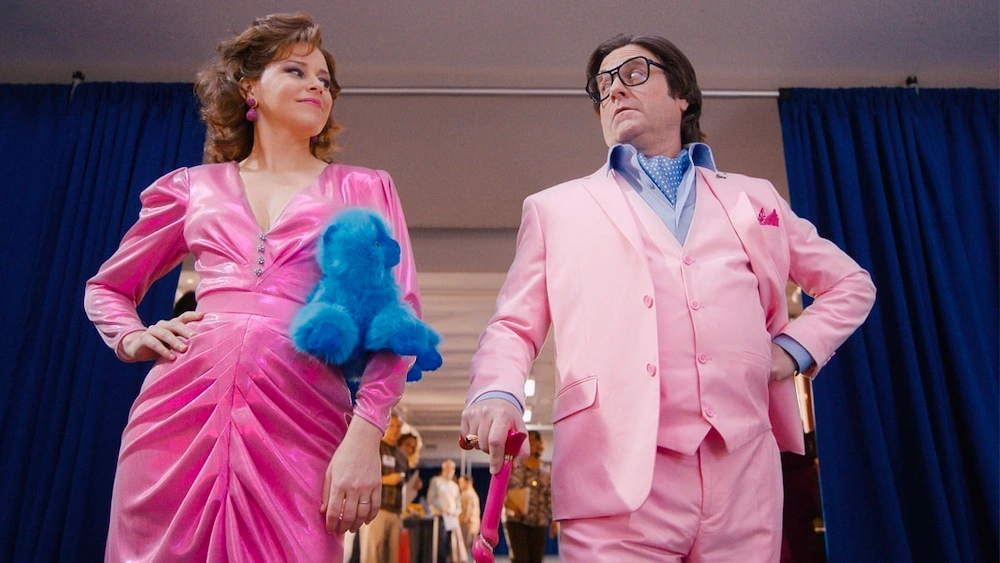
The Perspectives
The Apple TV+ movie, while based on Zac Bissonnette’s book and serving notice of artistic liberties, artfully weaves together the perspectives of three women connected to Ty Warner, the mastermind behind Beanie Babies. Zach Galifianakis, renowned for comedic roles, takes on an unrecognizable and compellingly dramatic portrayal of Ty Warner.
The Journey through Time
Set in the dynamic decades of the 1980s and ’90s, the trio consists of Robbie (Elizabeth Banks), instrumental in launching the business alongside a struggling toy salesman, Ty Warner. Maya (Geraldine Viswanathan) enters the scene, utilizing her savviness in the then-nascent Internet and platforms like eBay to ignite demand and fuel the company’s growth. Meanwhile, Sheila (“Succession’s” Sarah Snook), a single mother, finds herself drawn to Warner, only to confront a darker side after his elaborate wooing.
Reflections and Remarkable Parallels
“The Beanie Bubble” bears echoes of “The Bad and the Beautiful,” a classic 1952 Hollywood tale, adding a feminist twist to the narrative. Against this backdrop, the film captures the remarkable rise of Beanie Babies, transforming them into coveted “little plush Lotto tickets,” and propelling the company into a billion-dollar enterprise during the Clinton era, only to swiftly fade away.
The Clinton Connection and Subtle Commentary

Written by Kristin Gore, daughter of former Vice President Al Gore, known for her work on “Saturday Night Live” and “Futurama,” the film subtly reflects on the enduring fascination with the Next Big Thing. Co-directed by Kristin and her husband, musician Damian Kulash, Jr., the story is thoughtfully grounded in that momentous historical period.
Beyond Satire, A Straight Narrative
Despite its satirical undertones, “The Beanie Bubble” adheres to a predominantly straightforward path, possibly benefitting from an injection of humor and whimsy. Galifianakis’s portrayal of Ty Warner as a self-absorbed, ruthless narcissist, willing to do whatever it takes to satisfy his desires without the required acumen or discipline, adds a compelling layer to the story.
“The Beanie Bubble” stands as the latest entrant in the thriving trend of captivating rise-and-fall sagas. As audiences continue to relish these nostalgic pop-culture reminiscences, the streaming age’s content-hungry appetite shows no signs of waning, ensuring the “Beanie Baby” craze remains a remarkable chapter in American cultural history.


